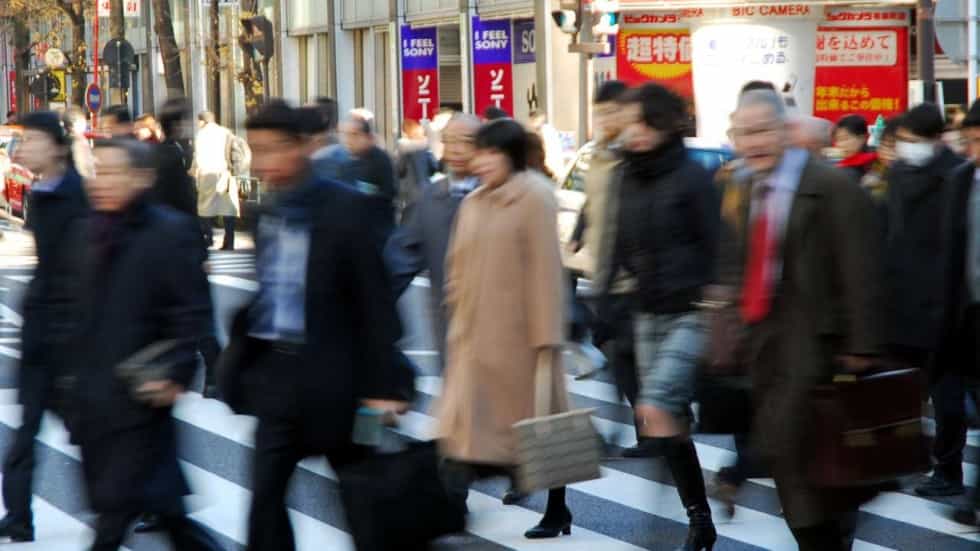It is true that in an urge to gain the maximum on the work front we are increasingly hearing about many a country pushing the envelope. An increase in working hours is tantamount to and directly corresponds to higher involvement at one’s workplace.
So what does this lead to? Often, stress, incessant work pressures, a spike in expectations, a distorted balance between work life and personal life. And therefore, as a result- increasing tensions at one’s personal front. So this is, clearly, far from idle, isn’t it?
If you were to be asked which Asian nation is dealing with the problem of putting up with too many strenuous hours at the work front, what might be your answer? In the not too distant past, we’ve heard cases of Chinese labour forces being stressed and dealing with the acrimony of being way too consumed at work- regardless of skill or sector of employment.
Social media is thriving with videos of Japanese white-collar workers. You’ve seen them dropping off at random places, perhaps falling asleep out of sheer duress and mental pain and agony. These sights are increasingly becoming popular. Work and work, the tide is endless. There doesn’t appear to be a downward spiral in this trend even as some of the more evolved societies around the world are constantly working to regulate professional working atmosphere.
So can you guess which Asian country is reeling under the said pressure? Well, the answer is South Korea, the land of Samsung and Panasonic and of the two Korean nations, the more evolved and developed nation. But on the vantage point, the scenes are stifling. It is reported that for some reason, perhaps not even clear to the nation, the average working hours in the heart of the Korean peninsula are 68 per week.
Moves are being taken to counter the situation. The current atmosphere, uniquely tense owing to the prevailing work pressure around the country finds the nation’s legislators working on a bill that will reduce the number of working hours, per week.
Stress and an imbalance between professional and personal life aren’t the only concerns that South Africa are dabbling with. Here’s what’s worrying. The population rate of the country is unmistakably low. Researchers and social commentators submit that there is a lack of population of babies. Moreover, the woes only multiply when it’s noted that the overall productivity at work-places isn’t anything to write home about. Isn’t that particularly nerving despite such toil, every week?
But like with most burgeoning problems, there comes a time where the situation beings to experience a smooth bend in the road. South Korea’s destiny seems to be getting better. According to current developments, the South Korean national assembly has only just passed a bill that is slated to give much of the embittered country’s workforce a deserving break.
Here’s why the much-needed move was desperately being sought. According to the Organisation of Economic Co-operation and Development or OECD, of the developing countries with maximum number of working hours, South Korea topped the dubious list. Of the 38 countries in this list, only nations like Mexico and Costa Rica worked for more hours.
In the last few decades, however, another concern was hammering the country. The falling birth rates of babies has been an issue the country is yet to tackle. In the collective sphere of other countries facing a similar problem, as shared earlier, Japan’s issue has been the longest running. The phenomenon of ‘death by overwork’ has been continually worrying the ‘Land of the rising sun’. Maybe South Korea would want to learn something immediately. So will things improve, who knows?


